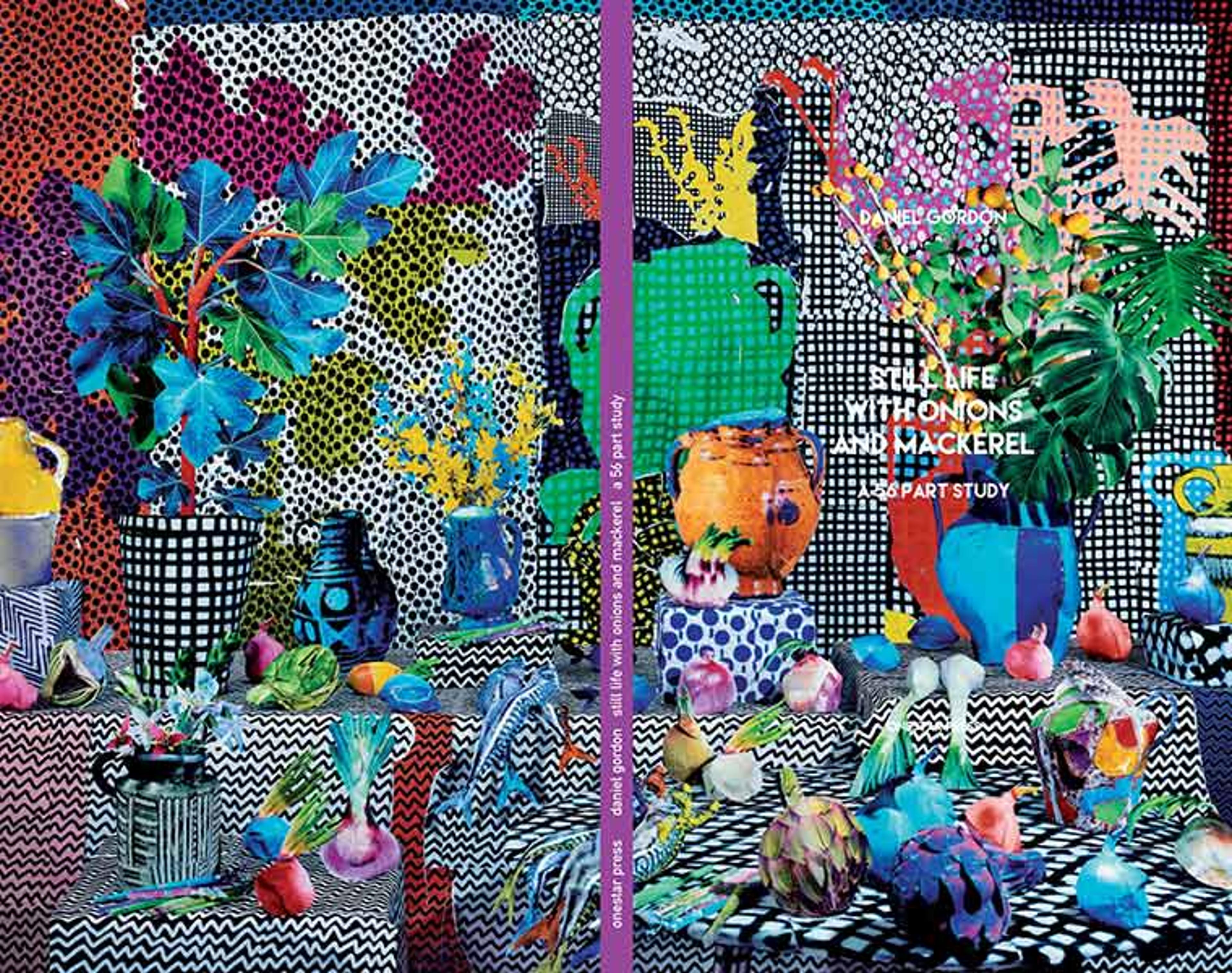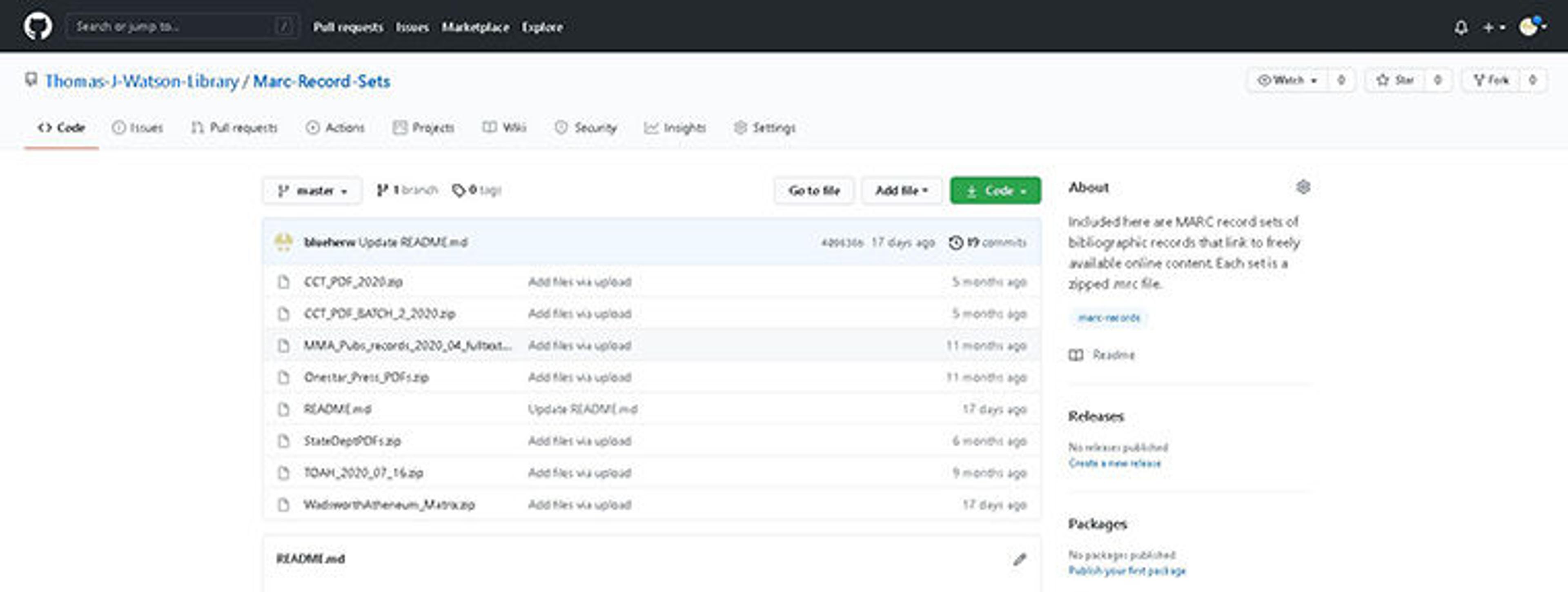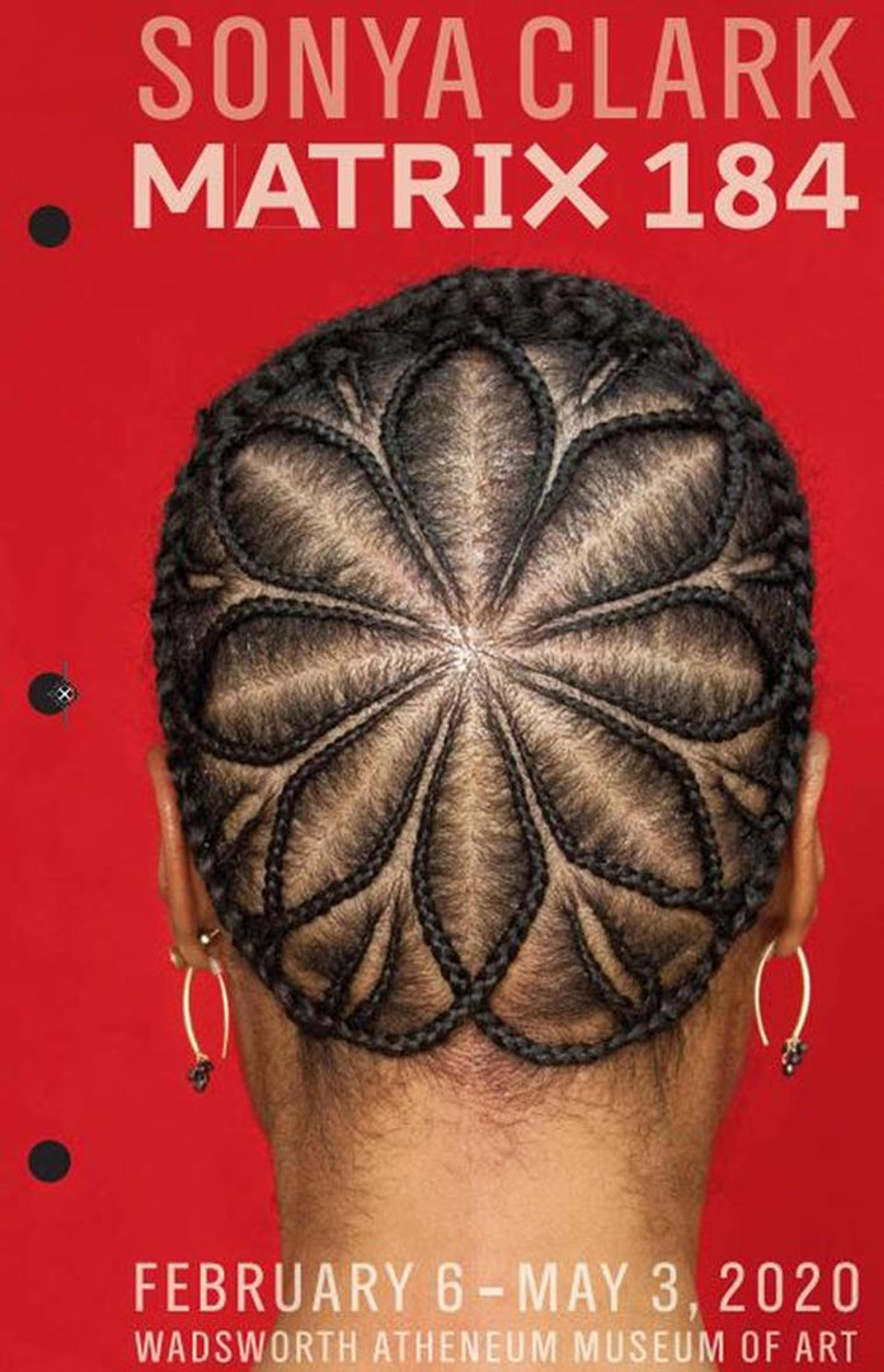
Vanessa German, Vanessa German: I Come to Do a Violence to the Lie (Hartford, Connecticut: Wadsworth Atheneum, 2016)
Lately we’ve been trying to highlight resources Watson Library can help people access online. We’ve written about the over four hundred “Art in Embassies” PDF exhibition catalogs we recently cataloged, as well as the nearly three hundred artists’ books from Onestar Press that can all be accessed through our catalog. Then there’s an entire post about web resources that we published last April (which now seems like another lifetime ago). We’re constantly adding new online content and these blog posts are a great way to hear about much of it (as is our Instagram account, if you’re not already following us). But we’re only one library and our audience is only so large, so what I’ll be talking about here is how we’re trying to share this content with other libraries so that they can in turn share it with their audiences (until eventually everyone is reading the exact same artists’ book at the exact same time and order is restored in the universe).

Daniel Gordon, Still Life with Onions and Mackerel, a 56 Part Study (Paris: Onestar press, 2014)
Libraries are great at sharing. From interlibrary loans to cataloging standards that allow libraries to seamlessly share records with each other, libraries (and the librarians who make them hum) are committed to the idea that information should be freely available to anyone who wants it. When I tell people that I’m a librarian they often say, “Oh that must be great, you just get to read books all day,” but that’s not what a librarian does at all! We’re librarians so you can read books all day—we’re just here to make sure the books you want are there for you when you want them, preferably free of charge.

Ronny Sen, Fire Continuum (Mumbia, TARQ, 2018)
While it’s nice that people using our library can access some of the aforementioned online resources, we want people in every library to be able to do so. That’s why we’ve begun adding certain record sets to GitHub, a site that is traditionally used to share code, but which we have leveraged to share MARC record sets.

MARC Record Set page on GitHub. Libraries can visit this page to download the complete MARC records for various collections.
What does that mean? Well, typically the records we create for any resource – a book, or serial, or DVD, or whatever—is added to WorldCat, and any library in the world can import that record into their own local system. So if a library wanted to bring in the record for the PDF version of Gwen Smith’s Tropic—one of 294 books published by Onestar Press—they could go into Connexion and import that individual record into their system. But if they wanted to offer all 294 books published by Onestar Press to their patrons, they could go to our GitHub page, download the entire record set of all 294 books, and import all of them at once into their system.

Gwen Smith, Tropic (Paris: Onestar Press, 2001)
At this moment we’ve added record sets to GitHub for the following collections: Contemporary Art Gallery PDFs, Met Museum Publications, Onestar Press PDFs, “Art in Embassy” exhibition catalogs, Timeline of Art History essays, and Wadsworth Atheneum Matrix exhibition catalogs. All of these record sets can be downloaded by any library anywhere in the world, imported into their local library catalog, and then made accessible to their users. These record sets all include links to online content, so even if these libraries don’t have access to the physical copies, they will still be able to provide their patrons with access to an online version of the resource.

Sonya Clark, Hair Is Power (Hartford, Connecticut: Wadsworth Atheneum Museum of Art, 2020)
Through GitHub, we’re able to share on a much larger scale. Since all the records we’re sharing include links to online resources, any library can confidently add all these records to these systems knowing that their users will be able to access the material, even if they don’t have a physical copy of the resource. So share this post with your librarian friends so that they can share these resources with the people who use their library.
